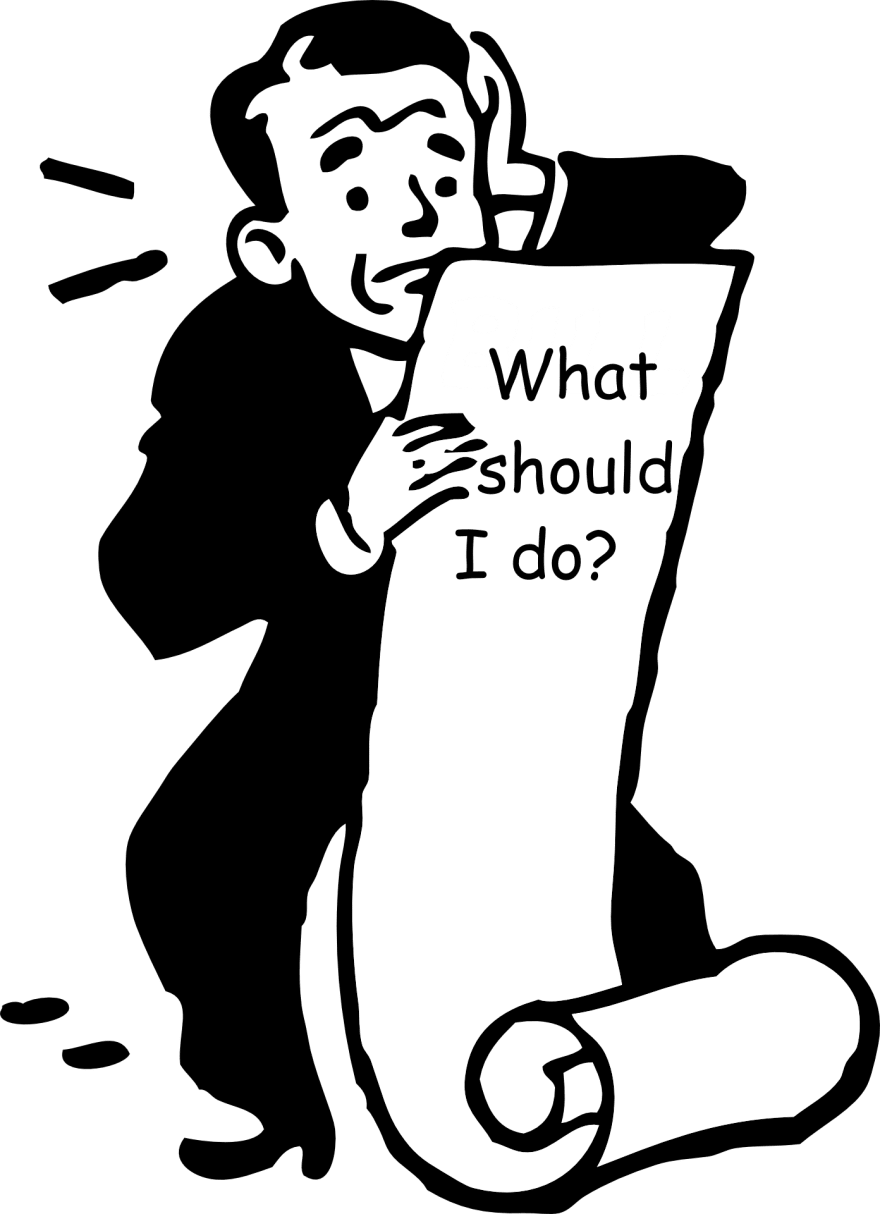Hi, I am a lazy frontend developer come from Vietnam, the man looking for original values.
In my developer life, I faced many problems, but till now, I think, the most critical problem for every team, every single product is “communication”. Unfortunately, the simple word “communication” seems not be easy as it is. And worse thing is, not many people understand the easy word “communication” in the same way. Today, I want to focus to one of those problems, task management.
Understanding the problem
I believe that almost people in this fancy industry has at least one time facing this scenario: they understand neither what actually be done nor what should they do with a task. The same for other teammates, they want to understand, but no way can achieve.
In the project management perspective, we have some methodologies, such as Waterfall, Scrum, etc. They were invented to try to resolve my above problem at high level. At the lower level, the actually method that developers like us had worked with (also for designers and every other teammate), is nothing more than an incredible long list of tasks.
Almost people are lazy to read, especially that above long list. Lots of redundant information there. In my point of view, it is one of the best ways to waste human resources. I do not think hiring a good person and told them what to do is a good strategy. I will let they do the best they can, and tell me the result instead.
Come back to above long list, what I am going to tell, User Story Mapping, is a good way to “transform” that list into another visual form, easy to focus.
I think, focusing, is everything we need for task management. In other words, with the old long list, nobody knows what is higher priority, which is not. That is the core problem here. Okay, so if we know the problem, easy to find the answer out, right?
Now, the solution
Let’s take a look at my below image (I spent about 5 minutes to draw using Microsoft paint). This is the very basic and simplest visual form of User Story Mapping concept. No need fancy words to make people understand.
I do not think I need to say more, is above image easy to get? So let say we have three wanted features are A, B, C. You might guess, the purple rounded rectangles mean big tasks need to be done to achieve the target feature which is above them, correct! Then other remaining rounded rectangles mean a task (that actually a task which developers like us work on).
So take more focus on the order of features, from left to right, it does not need to be mean the time. It is the order to make something meaning for the users. I believe, this is the only thing I want to talk in this overall talk.
Pros and cons
Now, take a second to consider why this visual form can help, especially in team communication (I think, you already have your answer now):
- Now you are able to see the top priority thing to do. In case of above picture, that is feature A, the one has most emphasize color, on the top left. Remember the word “focus” I mentioned before?
- The more important thing is, everybody now can understand the relation between their current work to the others, and to the overall project. In other words, it does not matter who you are, developers, business analyst, project manager, or even stakeholders, you can clearly see how everything is planned.
Please note, my picture, is a very basic concept, you can be creative to create more complex rules, filters and so on. There are many tools support you to do so. Understanding the core concept is the thing I want to talk about. Now the next part, find out the cons of User Story Mapping.
Follow that basic concept, we can figure out:
- User Story Mapping should be short. You do not need to see thousands of wanted features. In the contrast, thousands of tasks is a very general scenario.
- Keep the User Story Mapping updated!!! You know, a single task now be related to some people, not only one.
- You need an extra tool for that, of course. We will talk about this in later articles.
Conclusion
I hope you are enjoyed my article. Actually all things I have done is just an image. You can have a deeper look about User Story Mapping via this great article. Every feedback should be highly appreciated. See you in next article about “how User Story Mapping perfectly fit in Agile”.








Top comments (0)